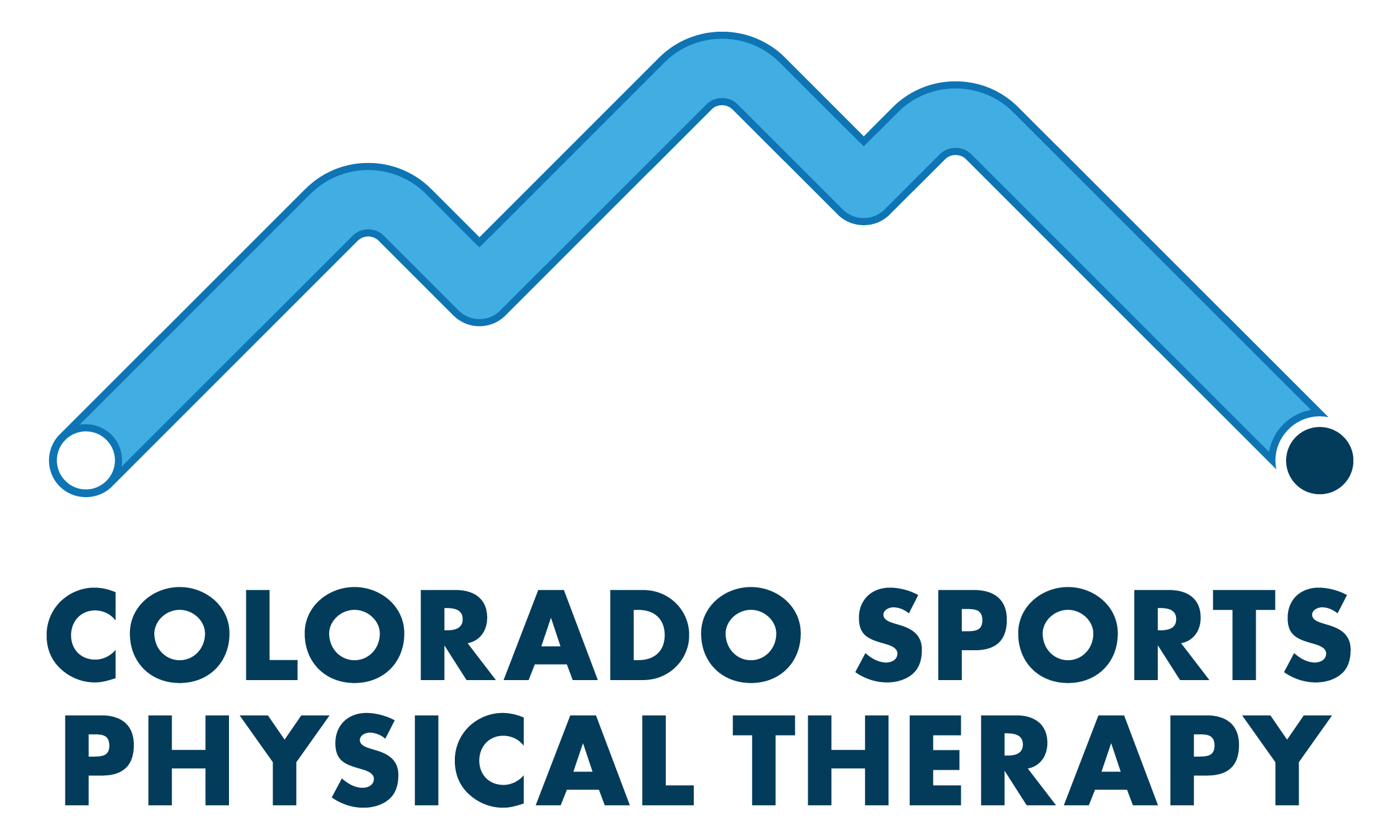Sleep - The Most Important Recovery Tool
“How are you sleeping? What is the quality of the sleep you are getting? How many hours per night on average?” These are questions you may hear us ask in the clinic, but why? This is because a new wave of research in the last 10 years has uncovered many interesting relationships between sleep, physical recovery, emotional regulation, injury prevention, nutrition, executive judgement, motor learning, life span, and many more factors that greatly influence our well-being. Knowing the impact that sleep, or lack thereof, can have on your body, it is imperative that healthcare providers inquire about patients’ sleep habits as part of their treatment plan..
According to the National Institutes of Health (NIH), an estimated 50–70 million Americans “chronically suffer from a disorder of sleep and wakefulness, hindering daily functioning and adversely affecting health and longevity.” The consequences of a chronic lack of sleep are vast and serious, including increased risk of diabetes, obesity, hypertension, depression, heart attack, and stroke. On the contrary, sufficient levels of sleep have been shown to promote improved learning and decision-making, stronger immune systems, improved enhancement of motor skills and acquisition of new ones, improved mood regulation, improved appetite regulation, and a multitude of other benefits impacting nearly every body system.
As physical therapists, we emphasize the importance of sleep because of its beneficial impact on the recovery of physical injuries and prevention of future ones. When you sleep, growth hormones are secreted to promote recovery at the cellular level and a small percentage of blood flow that is normally routed to the brain during waking hours becomes directed towards muscles and bones to aid in the musculoskeletal recovery process. This release of growth hormones and the changes to your blood flow distribution are the main reasons that sleep is one of the most important recovery tools available to us.
As we enter the New Year, consider prioritizing more sleep in 2020 to take advantage of all the benefits that a good night’s sleep will provide. Are you unsure how to improve your quality of sleep? Stay tuned for future blog posts with tips on how to improve the quality and duration of your sleep. Are you having a difficult time recovering from injury or experiencing recurrent injuries? Consider scheduling an evaluation with one of our physical therapists to gain a better understanding of all the tools at your fingertips including creating good sleep habits and so much more.
Reeve K, Bailes B. Insomnia in adults: etiology and management. J Nurse Pract . 2010;6:53–60.
National Institutes of Health. Sleep Disorders and Sleep Deprivation: An Unmet Public Health Problem. Washington, DC: National Academies Press; 2006.
Centers for Disease Control and Prevention. Insufficient sleep is a public health problem. Available at: http://www.cdc.gov/features/dssleep/. Accessed January 29, 2016.
